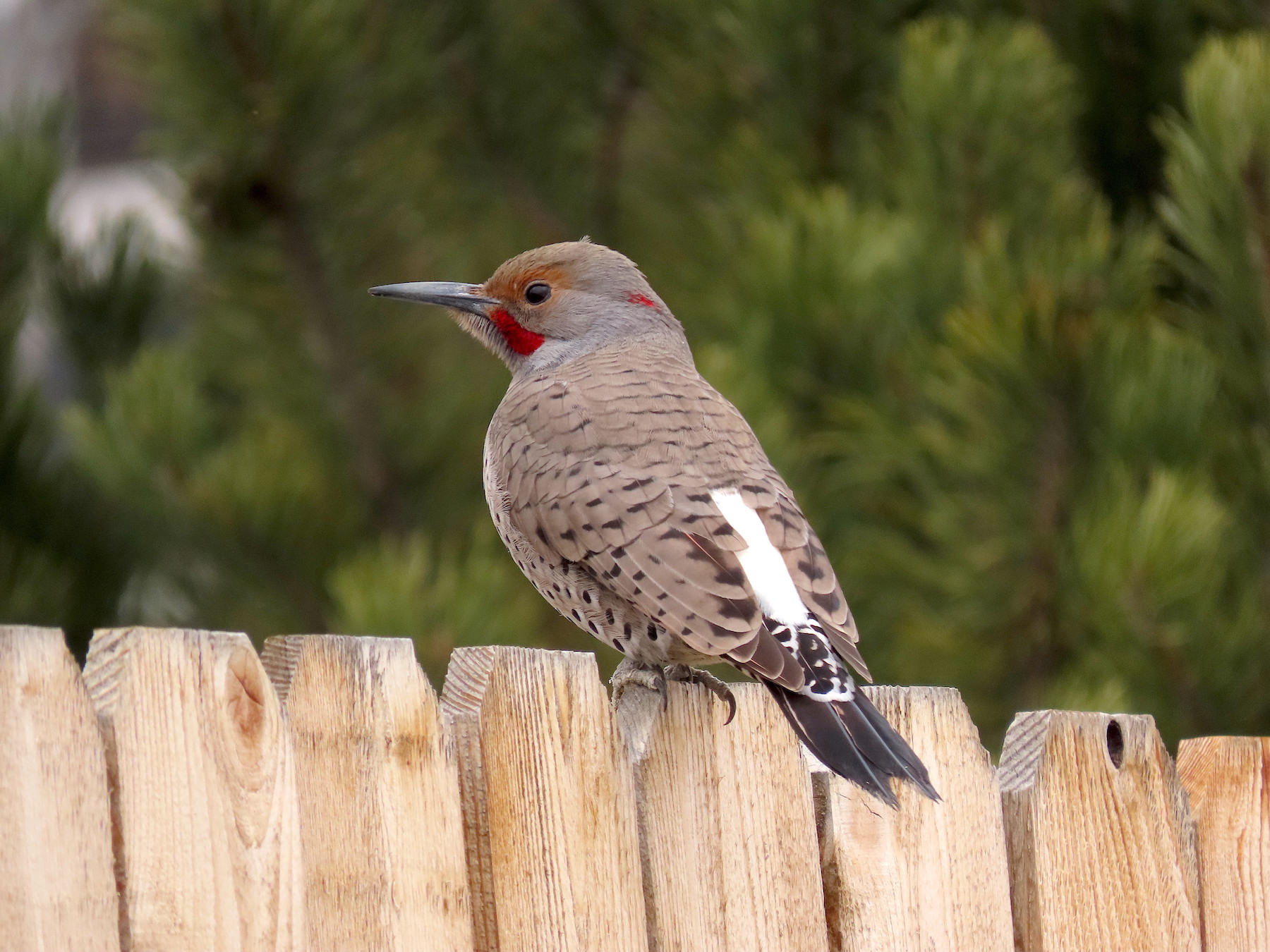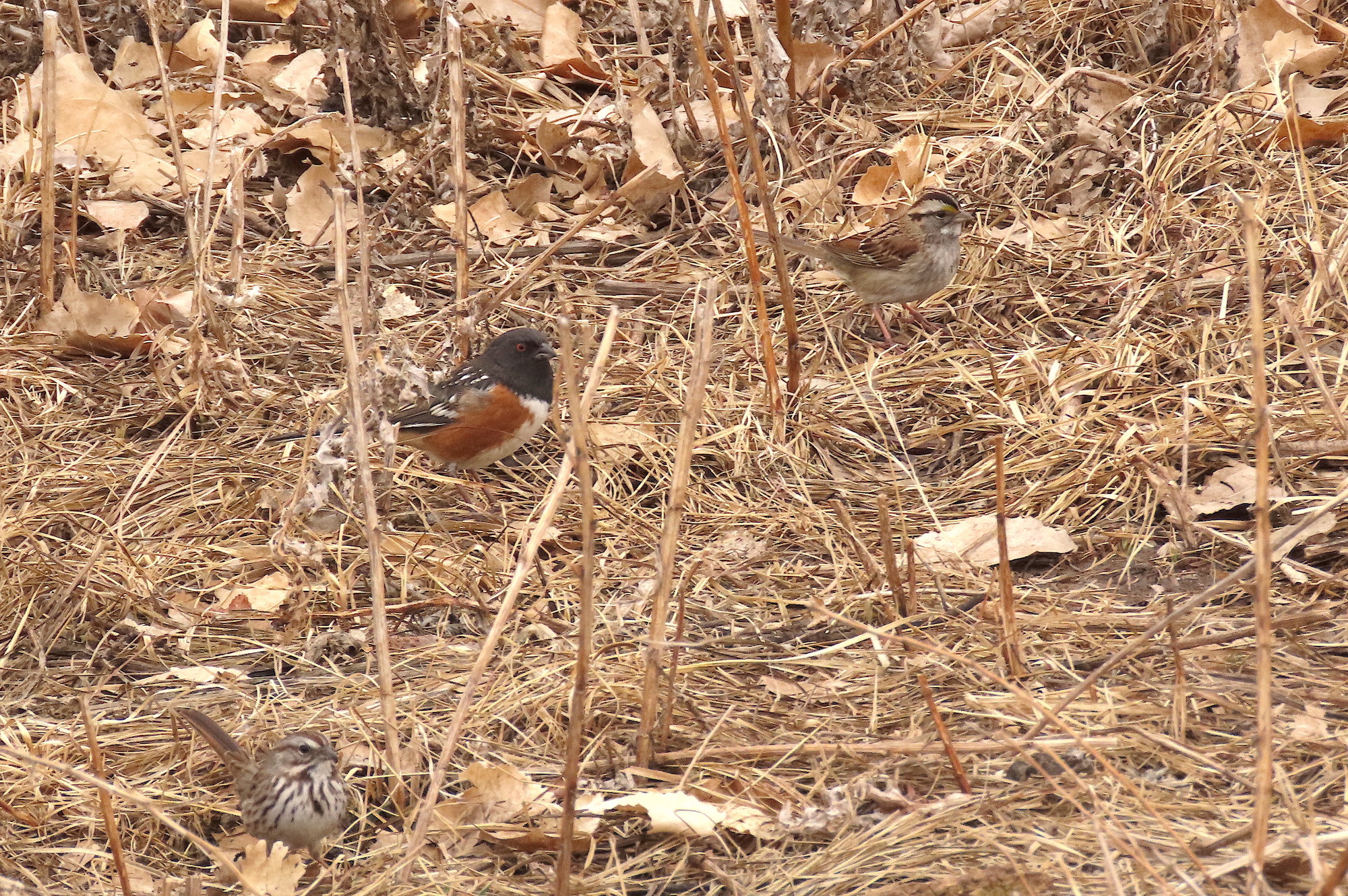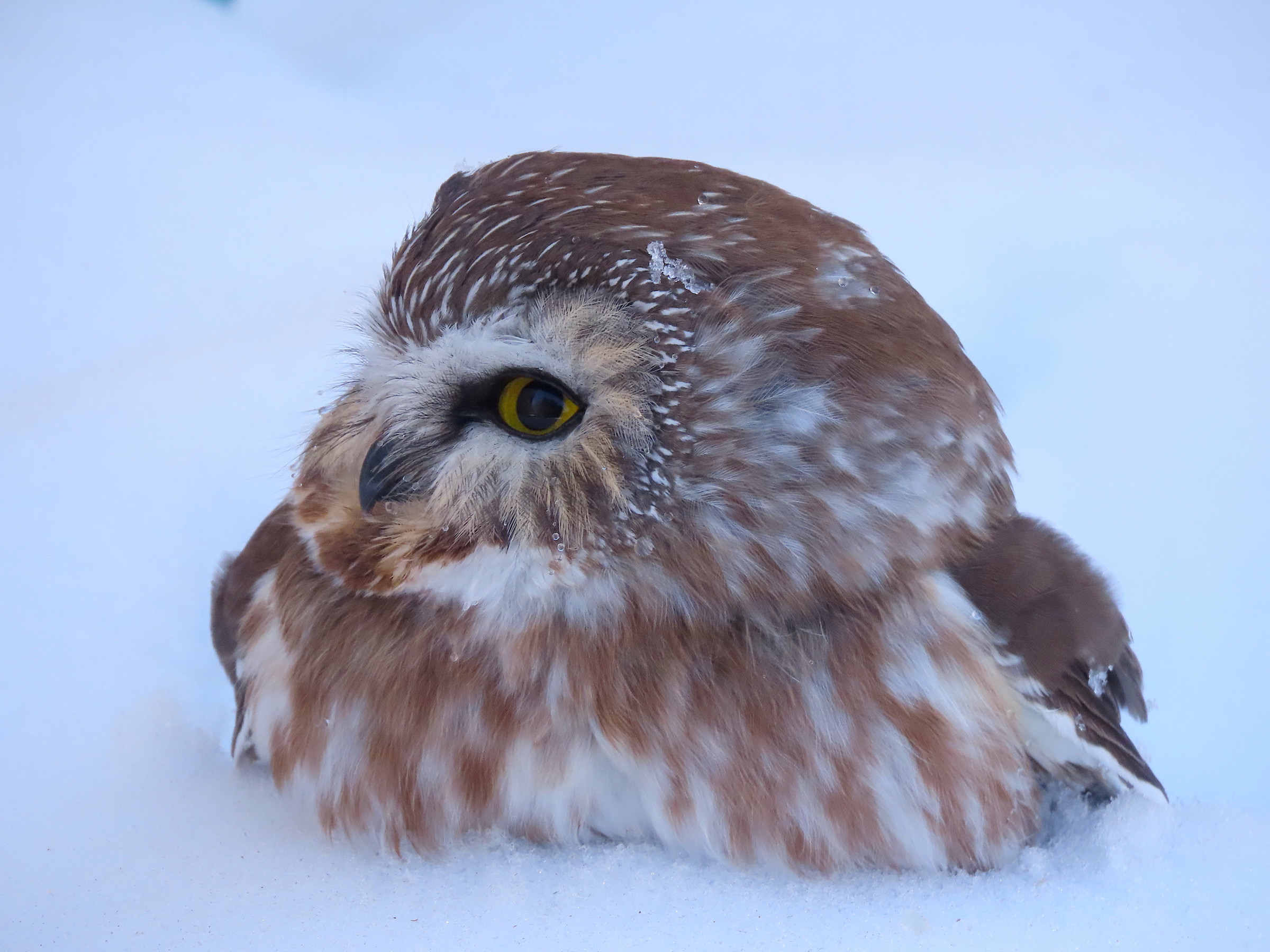I don't know Ted personally, so hesitate to presume....but I'm guessing "Eurasian collard-greens" was his attempt at a joke? It doesn't appear to be a likely autocorrect mistake! And it is funny..... :)
Anne Whitehurst
On Sunday, February 21, 2021 at 2:54:50 PM UTC-7 rosanne....@gmail.com wrote:
OMG that gave me a laugh! Maybe Ted will tell the story of the rescued Owl on Nat Swick's American Birding Podcast. (And maybe mention the funny typo too!)Rosanne JuergensCentennial, COOn Sunday, February 21, 2021 at 10:14:52 AM UTC-7 sibyl...@gmail.com wrote:Wow -- I've never seen "Eurasian collard-greens" there before!On Saturday, February 20, 2021 at 9:16:28 PM UTC-7 tedfl...@gmail.com wrote:Hey, all.
It's spring. Sort of. At least, some of the winter birds are getting into the swing of things. This Sat. morning, Feb. 20, on a jaunt around the "Greater Greenlee ecosystem," encompassing Greenlee Preserve, Waneka Lake, Hecla Pond, Thomas Open Space, and various greenways, I heard a fair bit of birdsong, notably by northern flickers. It's the first time this spring I've heard the species, and today I heard three widely singing individuals. A friendly note that not all US287-corridor flickers are "red-shafted." Like this guy, a hybrid ("intergrade"), an adult male, near Waneka Lake today:
Other songsters: Eurasian collard-greens, black-capped chickadees, bushtits, American robins, house sparrows, house finches, dark-eyed juncos, white-crowned sparrows, song sparrows, and red-winged blackbirds. A bit more regarding some of the entries in the preceding enumeration:
* The collared-doves sing all winter long of course. So they don't really count as a vernal signification. But did you know that their specific epithet, viz., decaocto, is the Greek word for "eighteen"? The Turkish ornithologist who named the species to science thought the collared-dove was singing dec'octo...dec'octo...dec'octo..., and the rest, as they say, is history.
* No full-on singing yet by the robins. But watch the males. They're doing that lovely subsong thing right now. So was one of the song sparrows. Yesterday I heard a magpie doing it at the Walmart Supercenter in Lafayette. And a week ago, a spotted towhee at Waneka Lake was giving an amazing and elaborate "whisper" song.
* House sparrows? Yes, they absolutely sing. A most beautiful song. Our human ears hear it just fine, but our human brains are inadequate for perceiving the wonders and glories of house sparrow song. Here's an article at the ABA website on what Boulder County house sparrows actually sound like:
https://www.aba.org/how-to-know-the-birds-no-52-the-hidden-glories-of-the-house-sparrow/
* And bushtits? There's a bit of a story there. Here is the preliminary version:
https://earbirding.com/blog/archives/4885
That was six years ago, and we've updated our understanding of bushtit singing somewhat since then. Anyhow, today I encountered two widely spaced pairs of bushtits, one male and one female per pair. The way you tell them apart is by eye color. The males have black eyes, the females yellow eyes. Here is one of the males I saw today:
In both pairs, the black-eyed individual was giving the vocalization that I conjecture to be the song of the species. And I heard no other sorts of bushtit vocalizations, except when the male above went berserk in the presence of a northern saw-whet owl. More on that owl in a bit.The Greenlee Preserve feeders continue to attract lots of cool sparrows. Along with the song sparrows, white-crowned sparrows, and dark-eyed juncos, there were 20+ American tree sparrows, 2 spotted towhees, and a continuing white-throated sparrow. Here's a sampler (song sparrow, lower left; spotted towhee, middle; white-throated sparrow; upper right):
Things were generally congested, but also pretty peaceable, at the feeder--until the neighborhood prairie falcon ripped low across the treetops, inducing instant dread and silence in the Passerellid horde. Everybody came out again after a while.
And an owl! Hannah Floyd and Andrew Floyd rescued a northern saw-whet owl from the clutches of an outdoor cat--a huge orange thing with an oversized bell and an elaborate green-and-pink collar. The bird landed in a snow drift:
We tried to capture it, but the owl extricated itself from the snow drift right before I made the final pounce. The bird flew to a nearby oak, where it roosted for a while:
Then another cat, an elephantine gray tabby with the physique of Jabba the Hut but the alacrity of Mikhail Baryshnikov, appeared on the scene, prompting the owl to relocate to a nearby juniper that was quite dense. The cat couldn't get at the owl, but the small birds sure could! One of the bushtit pairs gave the owl grief, as did two red-breasted nuthatches (of course), a Townsend solitaire, a great throng of hice finch, several black-capped chickadees, a loudly tsk-tsk'ing robin, and a furious dark-eyed junco. We even heard a hairy woodpecker, rare in Lafayette at any time of the year, although the woodpecker was sufficiently distant that I wouldn't necessarily say that it was part of the mob.
Astonishingly, a third cat, a beautiful black-and-odd job, gargantuan yet nimble, was drawn to the fuss. The owl was, like, I'm outta here, and flew off, straight out of the neighborhood. I hope the bird's okay. It's gratifying that it flew off, but I also worry that it was injured by the first cat.
How did Joaquin Andujar put it again?--
"There is one little word in English that says it all, and that one word is, You never know."
Ted Floyd
Lafayette, Boulder County
--
You received this message because you are subscribed to the Google
Groups "Colorado Birds" group.
To post to this group, send email to cobirds@googlegroups.com
For more options, visit this group at
http://groups.google.com/group/cobirds?hl=en?hl=en
* All posts should be signed with the poster's full name and city. Include bird species and location in the subject line when appropriate
---
You received this message because you are subscribed to the Google Groups "Colorado Birds" group.
To unsubscribe from this group and stop receiving emails from it, send an email to cobirds+unsubscribe@googlegroups.com.
To view this discussion on the web visit https://groups.google.com/d/msgid/cobirds/95055ac4-c828-4922-ae2a-372181eef259n%40googlegroups.com.





No comments:
Post a Comment